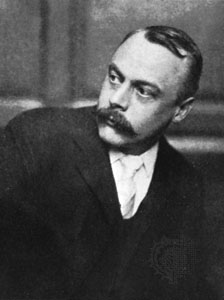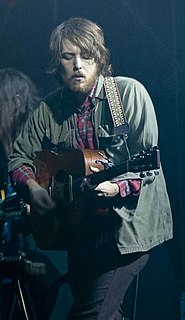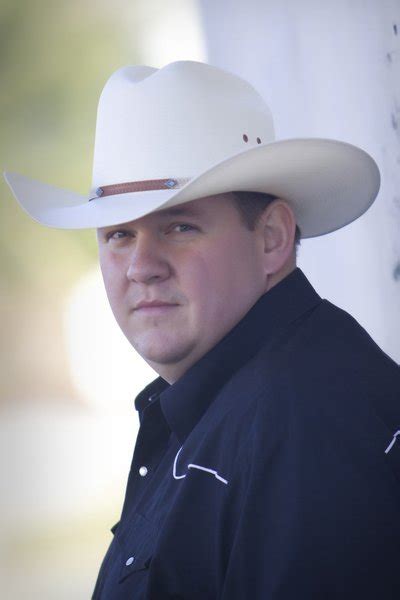A Quote by Gaby Hoffmann
We all got driven out of Manhattan. It was a very conducive place for artists when I was growing up, and now it's definitely not. The city has been completely taken over by the rich.
Related Quotes
When I lived in Pinetop I just wanted to leave - I thought the city was where I belonged. But now that I'm living in the city, I love it for what it is. It's brought me closer to my art and put me in the right place as far as having people around me. It's very inspiring, but I miss our little town. There's something very simple and beautiful about growing up in a small place. That's where my heart is, for real.
[Buckminster] Fuller's idea of progress is a very 1950s organization man out of the military sort of idea of progress. So as a result, you have something like: we've got bad weather in New York City; let's put a dome over it. And so I don't want to put a dome over Manhattan and I hope that nobody who ends up reading the book wants to do so as a result.
Well, very long ago, on the spot where the Wild Wood waves now, before ever it had planted itself and grown up to what it now is, there was a city - a city of people, you know. Here, where we are standing, they lived, and walked, and talked, and slept, and carried on their business. Here they stabled their horses and feasted, from here they rode out to fight or drove out to trade. They were a powerful people, and rich, and great builders. They built to last, for they thought their city would last for ever.
Berlin is still a very edgy place, a very cosmopolitan place. It's a place where completely different ideas and cultures come together and clash in a very warm way. In a very warm-hearted way. It's a very young city. It's a vibrant city. It's an exciting city. It's a city that's also scarred by history. I think that's to be celebrated and graffiti is to be celebrated. Graffiti in Berlin is very different than when they spray something on the wall dividing the west bank and Israel. And should be treated as such in Berlin.
New York has arguably become the quintessential 1 percent city, a city that has been so given over to the rich that you now have to be rich to live here. Or not live here: New York's also a preferred destination for foreign money spent on vast, lifeless apartments in the sky that are occupied a couple of weeks a year at most.
I am sure that the experience of growing up in the heart of the working class and learning from my parents, and especially from my grandmother (who also worked on a barge boat as a cook and a servant for rich folks in Manhattan, Newport, Grosse Point, and Sewickley, all havens of the very rich), that life was not especially fair and always full of bad possibilities, helped shape my future take on life. Then what really transformed my thinking was the war in Vietnam and trying to be a good teacher.




































